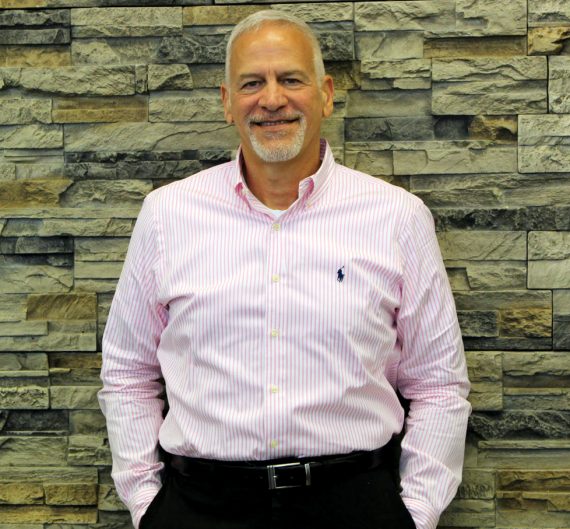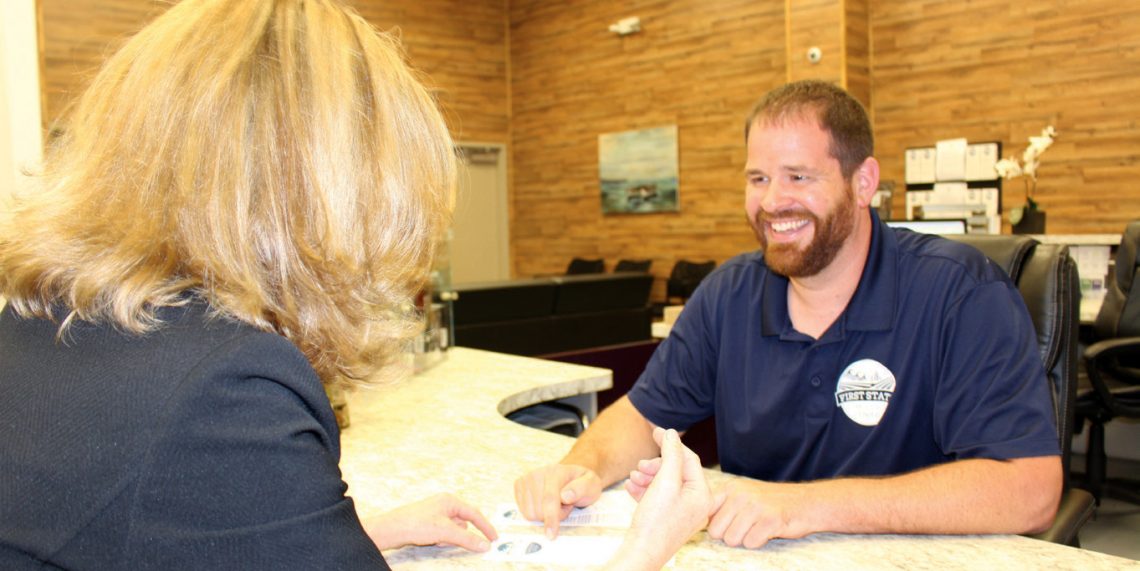
The subject of medical marijuana can stir up strong emotions among doctors, scientists, parents, policy makers and the public. I hope this feature will answer some of your questions and abolish many of the myths that create barriers to pain relief and improved quality of life.
As CEO of Delaware’s first medical marijuana distribution center, I’ve been humbled to witness firsthand the incredible relief from suffering patients have experienced using medical marijuana, also known as medical cannabis, after receiving their doctor’s certification for its use.
My background is in law enforcement. I have a very disciplined approach to any kind of substance use. Working with medical marijuana patients has taught me and our entire First State Compassion (FSC) team the importance of compassion and taking a sound therapeutic approach to alleviating suffering.
The most common uses for medical marijuana in the United States are effective pain control, managing nausea and treating glaucoma. Dr. Peter Grinspoon at Harvard Medical School states that medical marijuana is a powerful muscle relaxant, and people swear by its ability to lessen tremors in Parkinson’s Disease and bring relief from the chronic pain of fibromyalgia, endometriosis, interstitial cystitis and other medical conditions.
As with all remedies, claims of effectiveness should be critically evaluated and treated with caution.
Everyone has questions about medical marijuana—here are ten of the most common. I sincerely hope these informed responses will help educate you about your options:
- Who should be interested in using medical marijuana?
Anyone seeking to obtain relief from pain and suffering without using addictive opioids. - Is marijuana addictive?
When used for medical reasons, marijuana generally does not cause a physical dependency with patients. As with any medication, it should be used in moderation and only as needed. - What conditions/diseases does medical marijuana help?
The State of Delaware allows treatment with medical marijuana for specific qualifying conditions. Disease symptoms include pain, nausea, seizures, tremors, neuropathy, gastrointestinal issues and more. For a full list of diseases that can cause these conditions, visit Medical Cannabis & Ailment Relief. - Can any doctor prescribe medical marijuana?
Any Doctor of Medicine (MD) or Doctor of Osteopathic Medicine (DO) licensed to practice in Delaware is authorized to certify patients for the program. - When my doctor approves me for the medical marijuana program, what happens next?
In Delaware, you must obtain a Medical Marijuana card. That is done in collaboration with your doctor and the State and can be managed online. The State’s processing fee is $125, but they do have available a reduced processing fee based on income. Once you have your card, you can visit FSC at one of our two locations and meet with a patient advocate for a full explanation for use related to your condition. - Will my health insurance cover medical marijuana?
Most health insurance companies do not cover medical marijuana yet, but FSC does have programs to assist patients who cannot afford their medicine. - Are there ways I can take medical marijuana without smoking it?
Yes. FSC has various ingestion options available for our patients including capsules, concentrates and vape alternatives. - Can medical marijuana cure my disease?
Medical marijuana generally relieves symptoms of disease such as pain relief and loss of appetite, but it is not a cure. - How do I know that the product is safe? Has medical marijuana undergone the same standard, rigorous pharmaceutical testing as other drugs?
All our medicines are meticulously tested for contaminants at FSC prior to being evaluated in the State’s testing lab. - I have never used marijuana before. How will it make me feel?
Each patient is unique in his/her response to the medicine. At FSC our patient advisors work closely with our patients, using a “slow and low” (progress slowly at low dosages) methodology. It is usual for patients to settle into a regimen and start feeling relief after one month.
Do you have more questions? We would love to hear from you!


